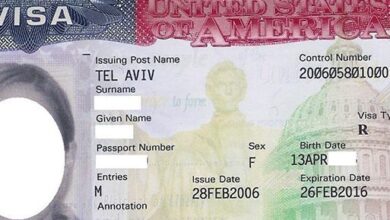WHO decries over 33-year life expectancy gap between rich and poor nations

The World Health Organisation has sounded the alarm over growing global health inequalities, spotlighting a shocking 33-year life expectancy gap worldwide.
According to its latest World Report on Social Determinants of Health Equity, the gap reflects more than just differences in medical care.
WHO says factors such as poor housing, low education, unemployment, gender inequality, and systemic discrimination are major threats to public health.
The report revealed that people in low-income countries live up to 33 years less than those in wealthier nations on average.
Dr. Tedros Adhanom Ghebreyesus, WHO Director-General, said such inequality is neither natural nor inevitable and demands urgent international attention and action.
“Our world is an unequal one,” he said. “Where people are born, grow, work, and age significantly shapes their health and well-being.”
The report highlights that social and economic factors have a greater impact on health than genetics or access to healthcare facilities.
WHO stated that children in poor countries are 13 times more likely to die before the age of five than richer peers.
Despite global maternal mortality dropping by 40 per cent since 2000, 94 per cent of maternal deaths still occur in poorer regions.
In high-income countries, inequality also persists. Indigenous women face up to triple the maternal mortality rate of non-Indigenous women.
The organisation says such disparities are rooted in systemic exclusion, racism, and failures to invest in inclusive social protection systems worldwide.
WHO’s 2025 report revisits targets set in 2008 to close global health gaps by 2040 — goals now at serious risk.
The report says over 3.8 billion people still lack basic social protection like paid sick leave, child support, or unemployment benefits.
It further warned that climate change and rising global debt could drive 135 million people into extreme poverty within five years.
This would increase global suffering and health burdens, especially in already vulnerable populations across Africa, Asia, and parts of Latin America.
WHO is calling for urgent collaboration among governments, private sector leaders, and researchers to address root causes of global health inequality.
“Breaking the cycle of inequality demands bold political commitment and inclusive policies that prioritise equity,” the report concludes.
WHO insists that with coordinated global action, these health gaps can be closed and millions of lives can be saved.
Post Views: 40





